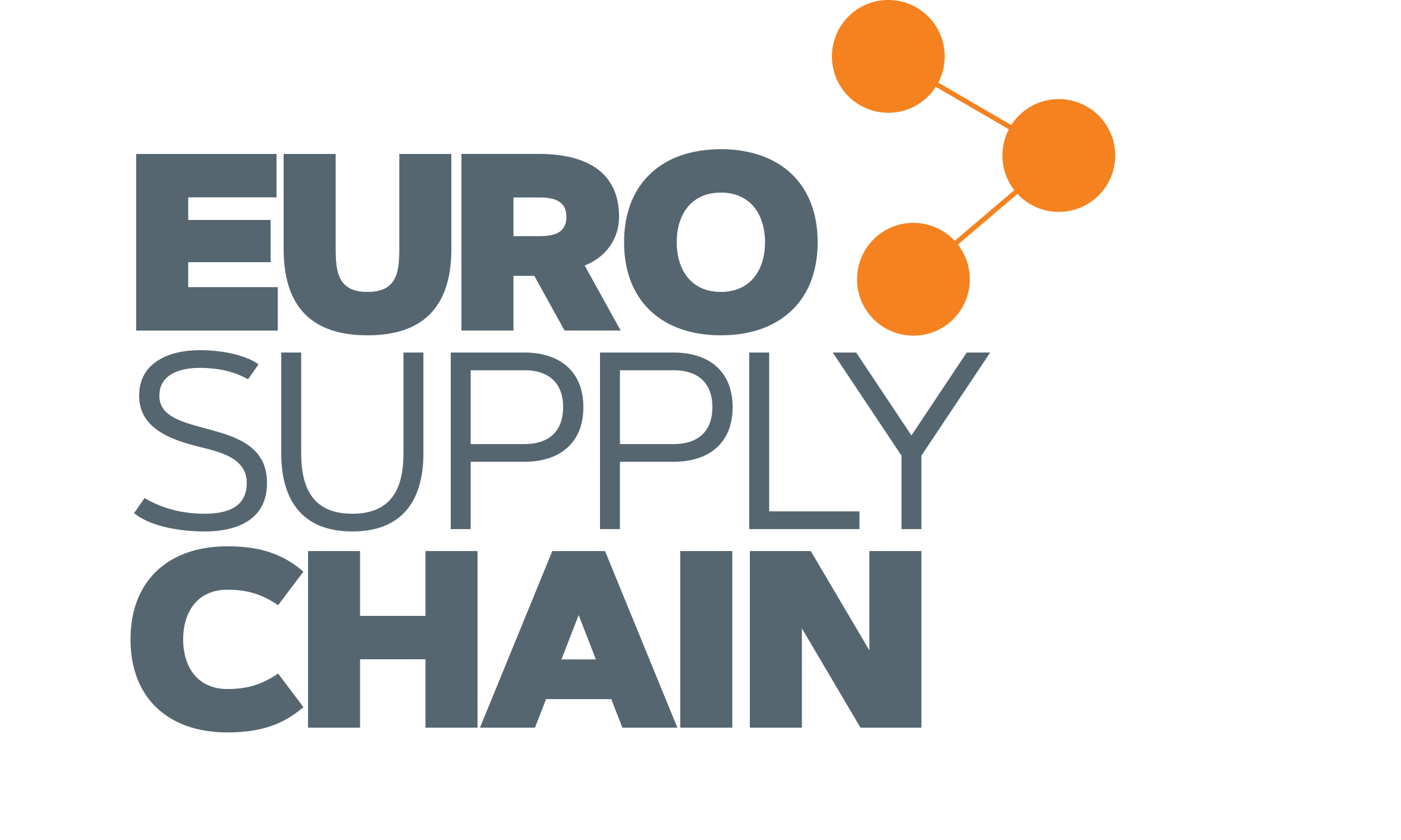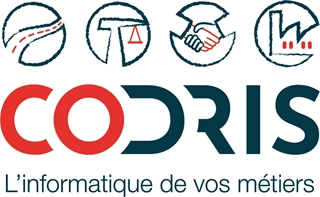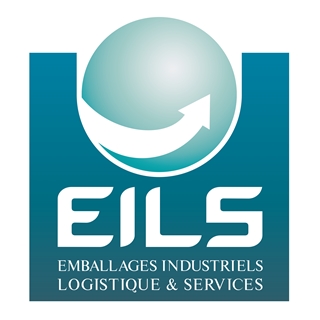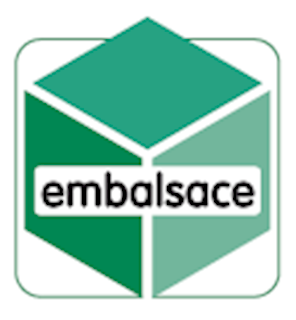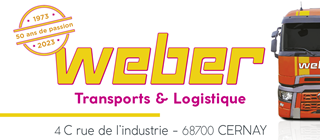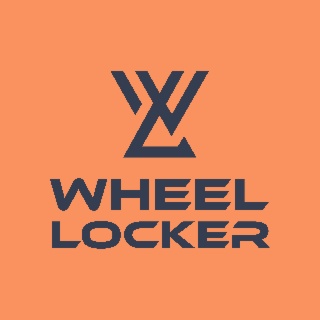Comment le groupe s’est-il réorganisé depuis le décès subit de son président Christophe Jung en décembre dernier ?
Le capital est désormais détenu par les trois enfants de Christophe : Virginie, Jean-Baptiste et Paul. Leur maman siège aussi au conseil de surveillance. Un directoire a été constitué autour de Michel Walter qui le préside après avoir été directeur général. Il est important de préciser que la gouvernance avait déjà été réorganisée de sorte à permettre à Christophe Jung de se concentrer sur la stratégie. Une équipe avait été constituée depuis plusieurs années pour se préparer à prendre sa succession, elle est donc désormais en place et la stratégie de l’entreprise ne change pas.
Quelles sont justement vos priorités pour l’activité logistique du groupe ?
La gestion de l’automatisation des flux est aujourd’hui si répandue qu’elle devient un axe directeur. Nous nous sommes dotés de l’un des outils de gestion des stocks de type WMS (warehouse management system) les plus performants du marché, à savoir Reflex. Christophe Jung avait constitué une puissante équipe-projet IT composée de nombreux ingénieurs. Notre site de Dambach-la-Ville (Bas-Rhin) appliquera en avril 2024 une solution de préparation automatisée qui se veut pour nous le pilote d’un déploiement possible plus large par la suite. L’automatisation nous permet de répondre aux délais de plus en plus courts qu’exigent les clients.
Quelles autres évolutions percevez-vous dans la logistique ?
La crise sanitaire a généré un surcroît de demande de constitutions de stocks que l’on peut qualifier de « sécurisation », pour se prémunir contre les aléas d’approvisionnement. J’ai le sentiment que l’on s’éloigne de la pratique antérieure du « zéro stock », y compris dans des secteurs qui en ont été les adeptes les plus fervents, comme l’automobile. Par ailleurs, le mouvement vers l’externalisation de la fonction logistique par les chargeurs reste significatif, nous avons gagné l’an dernier un marché de ce type auprès d’un important donneur d’ordre de la région.
Quels sont vos principaux projets du moment ?
Nous démarrons l’exploitation dans le Nord de la plus importante plateforme de l’histoire du groupe : 60 000 m² dans la métropole lilloise, à cheval sur les communes d’Illies et Salomé, que nous louons et qui ont été construits par l’opérateur PRD, pour les besoins d’un client dans l’agroalimentaire. Ces surfaces ont été livrées en trois temps, entre décembre dernier et mars. Le site emploie d’ores et déjà 75 personnes et il est prévu que les effectifs montent à 200 dans les deux à trois ans. Le bâtiment dans lequel cet entrepôt prend place dispose encore d’une réserve de 40 000 m² selon les opportunités qui pourraient se présenter. Par ailleurs, à Dambach-la-Ville, outre l’automatisation, nous étendons nos deux plateformes pour en porter les surfaces respectivement à 34 000 depuis février et 28 500 m² cette fin mai. Au total, nous cumulons 310 000 m² de surfaces logistiques, situées en Alsace et dans les Hauts-de-France. La logistique « pure », hors celle liée au transport, a représenté un chiffre d’affaires de 34 millions d’euros l’an dernier, sur le total du groupe de 86 millions d’euros, pour un effectif d’un peu plus de 600 salariés.
Vous étiez partenaire du salon Euro Supply Chain en 2022 et avez renouvelé votre soutien pour 2023. Qu’est-ce que ce salon vous a apporté ? Que proposez-vous pour cette seconde édition ?
En tant qu’entreprise alsacienne fière de ses racines, il eut été inconcevable pour nous de ne pas participer au lancement du salon et de ne pas le soutenir. Avec son profil régional, le salon a su dégager une atmosphère conviviale, avec des contacts directement opérationnels : c’est la rencontre de la grande famille de nos métiers ! Je crois qu’à présent qu’il a fait ses preuves, Euro Supply Chain possède les atouts pour prendre une dimension plus nationale. Pour cette seconde édition, nous organisons un atelier sur l’innovation dans l’automatisation des flux, exactement en phase avec les nouvelles offres décrites précédemment que nous commençons à déployer.
L’Alsace peut-elle s’imposer comme région logistique malgré son manque de foncier ?
J’en suis convaincu, et c’est un Nordiste, terre logistique ô combien, qui vous le dit ! Je ne pense pas que l’Alsace soit plus mal placée que ses voisines situées à ses franges est ou ouest pour capter les grands flux européens. Elle constitue aussi une porte d’entrée pour les échanges avec l’Europe de l’Est. En outre, l’activité logistique est souvent adossée à un port et nous avons, avec Strasbourg, une infrastructure fluviale forte qui investit résolument dans le multimodal. De plus, l’Alsace me semble particulièrement bien placée pour saisir les opportunités de la logistique urbaine, moins consommatrice d’espaces.
